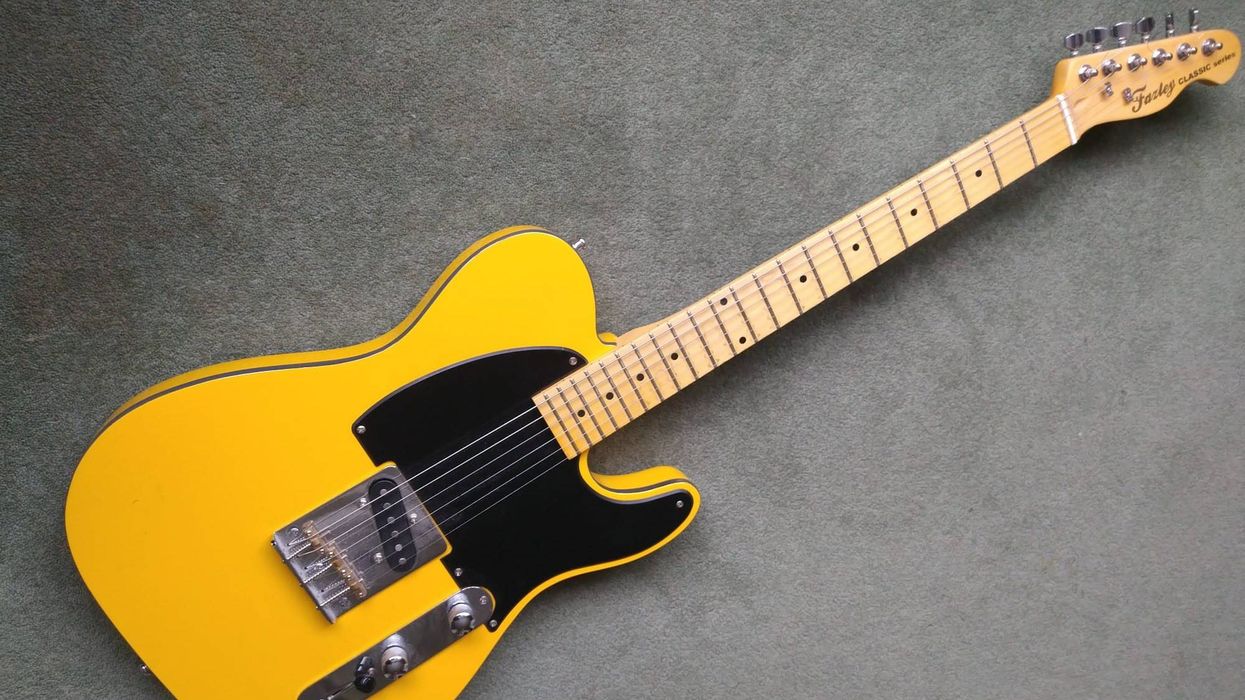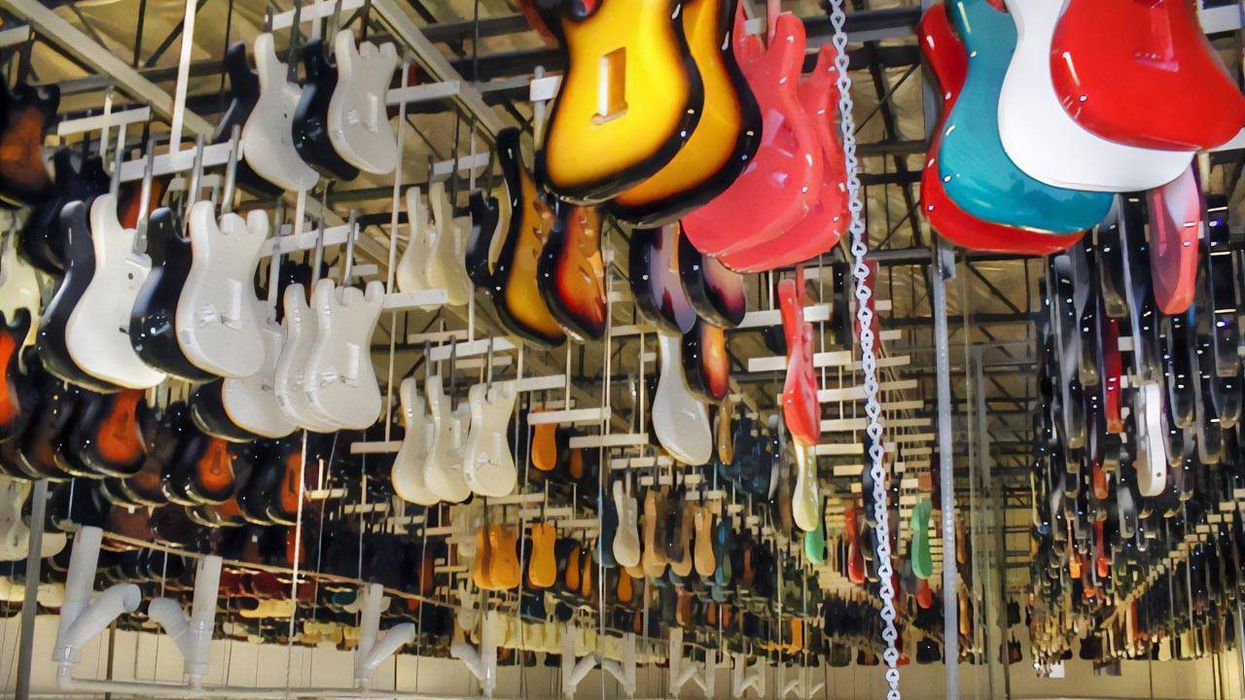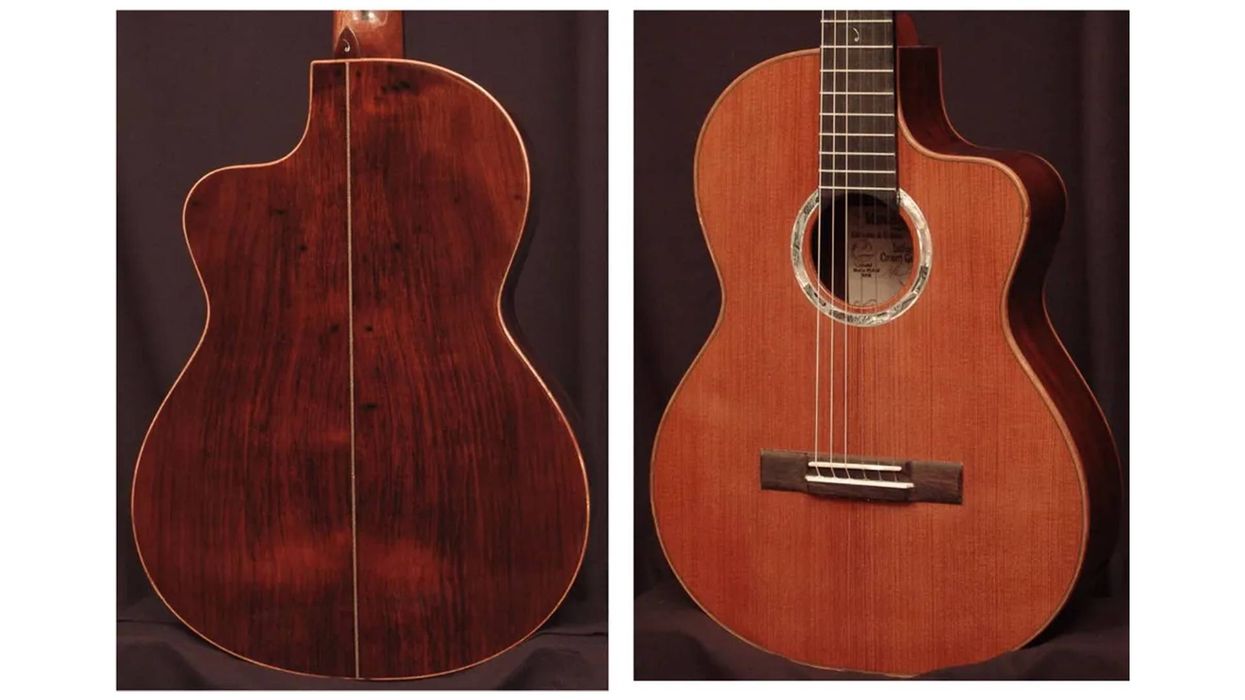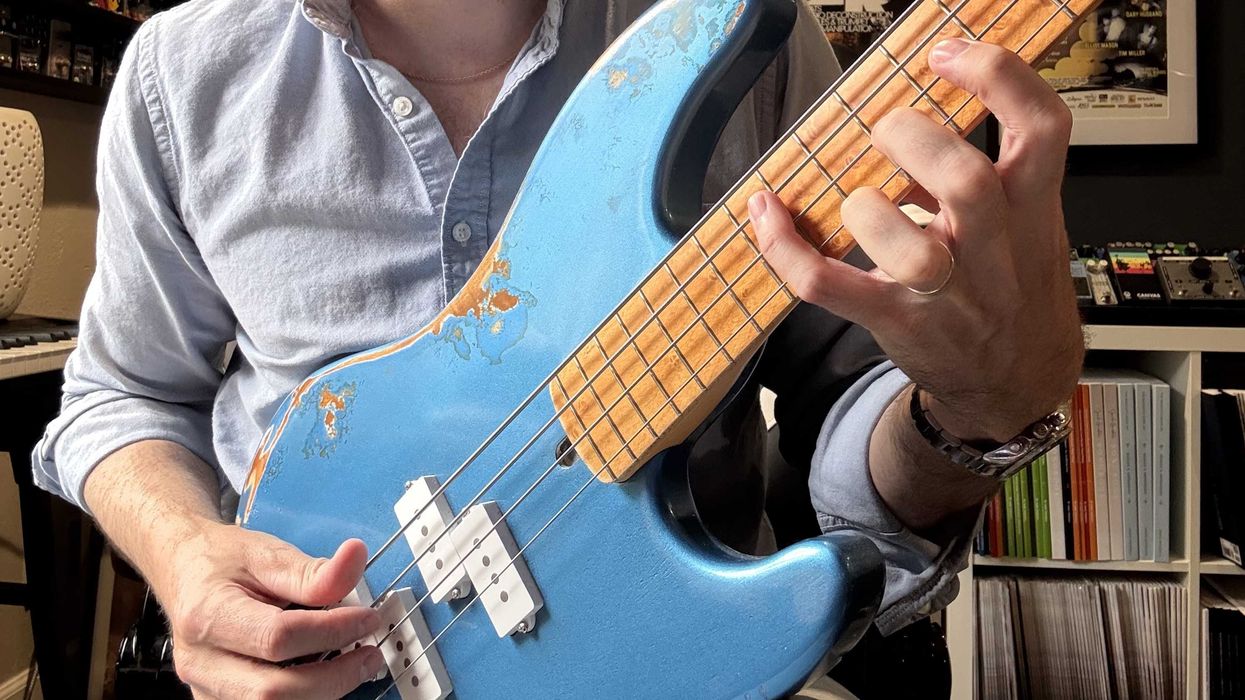Whether we’re musicians or craftspeople, we always hope for the best, but things often don’t go as planned. Here’s the nightmare scenario: An unforeseen catastrophe has descended, and your most trusted and irreplaceable pieces of gear have been reduced to nearly useless lumps. You’ve got to keep working, so you try to coax the magic from them, but the results are painfully sub-standard. What do you do? Call the insurance agent to see if you’re covered? In the meantime, you might borrow some tools from friends until you scrape together the money to replace what you need. If you’ve, say, lost a guitar to fire or flood, that can work, but what if the ruined tools are your hands?
When I was young and bulletproof, I thought nothing of using my hands for anything and everything. When breaking down shipping boxes, slamming a 2x4 into place, or banging a hammer for hours, I knew that I might be sore, but I’d be okay. It was the same playing bass and guitar. I’d pick up my instrument at a gig and get after it without bothering to warm up at all.
I was proud of what my hands could do, either by brute force or with precise detail. I never imagined there could be a day when my hands would let me down, but that day has come. It didn’t happen all at once. In fact, it arrived so slowly that I initially didn’t notice. Even the first time I had to avoid playing guitar for a few weeks didn’t really register as a paradigm shift. It irritated me, but after that nothing would be the same. I don’t want to choose between saving my dexterity and following my passion, but there’s hope for me, and you.
The strategy to negotiating a lifetime of manual work is to know when you are mistreating your hands and avoid it. My mantra now is to replace hand power with tool power whenever possible. I use a pry bar instead of my fingers. Whenever I instinctively reach for a hammer, I ask myself if there’s a kinder way to accomplish the task. Arbor presses and breaker bars have become commonplace in my shop. Even tightening clamps with a lever saves wear and tear on my fingers. Being sensitive to when you are stressing your hands should send you searching for an alternative, rather than grinning and bearing it. The cliché “work smart, not hard” comes to mind, and saving your digits is simply smart planning in the long run.
Another trick is to use friction instead of force. This is as useful for gigging musicians as it is for builders. Wearing mechanics’ gloves will save your skin and reduce the amount of squeezing pressure you need to carry anything. The friction lets you use your muscles to lift while the glove does the gripping. A side benefit is a small amount of padding on your hands to reduce the damage a pinch can inflict. I wish I’d been wearing gloves when my finger got bumped between a speaker cabinet and a doorframe. Instead, I yelled a profanity and played a lousy gig with my three good fingers. Little things like that fade into vague memories, but your bones and joints don’t forget. In fact, they’re keeping score.
There are simple hand exercises you can employ while watching TV or even just walking around. You might think you look like a weirdo, but we’ve never let that stop us, right? I learned from a physical therapist that forearm muscles do the majority of hand movement. When I told him I had joint pain, he put his thumb on my forearm and asked, “Does this hurt?” I saw stars as he pressed lightly, and I learned that much of the problem could be addressed by working out knots in my forearm. The lesson here is that when you are massaging or exercising your hands as preventative maintenance, be aware of how your physiology actually works. Gently massaging and stretching muscles and tendons is imperative during the day. Sure, it’s a bit of a bother, but not compared to losing the full use of your fingers. Do a search for carpal-tunnel hand exercises: There’s plenty of help online. Better yet, see a professional before it’s too late.
I bring this all up, because all of you reading this are just like me. We all love what we do as players or builders, and probably can’t imagine life without being involved in music in some way. I’ve found strategies for dealing with disability, but I wish that I’d wised up earlier. I even went through hand-exercise training to avoid carpal-tunnel syndrome years ago, but only practiced the exercises when I felt discomfort rather than as a preventative measure: That’s how bulletproof I thought I was. So, take some free advice from a dude who thought he could work through the pain, and treat your most precious tools with respect.
I wish you all a long, happy, and pain-free musical life.







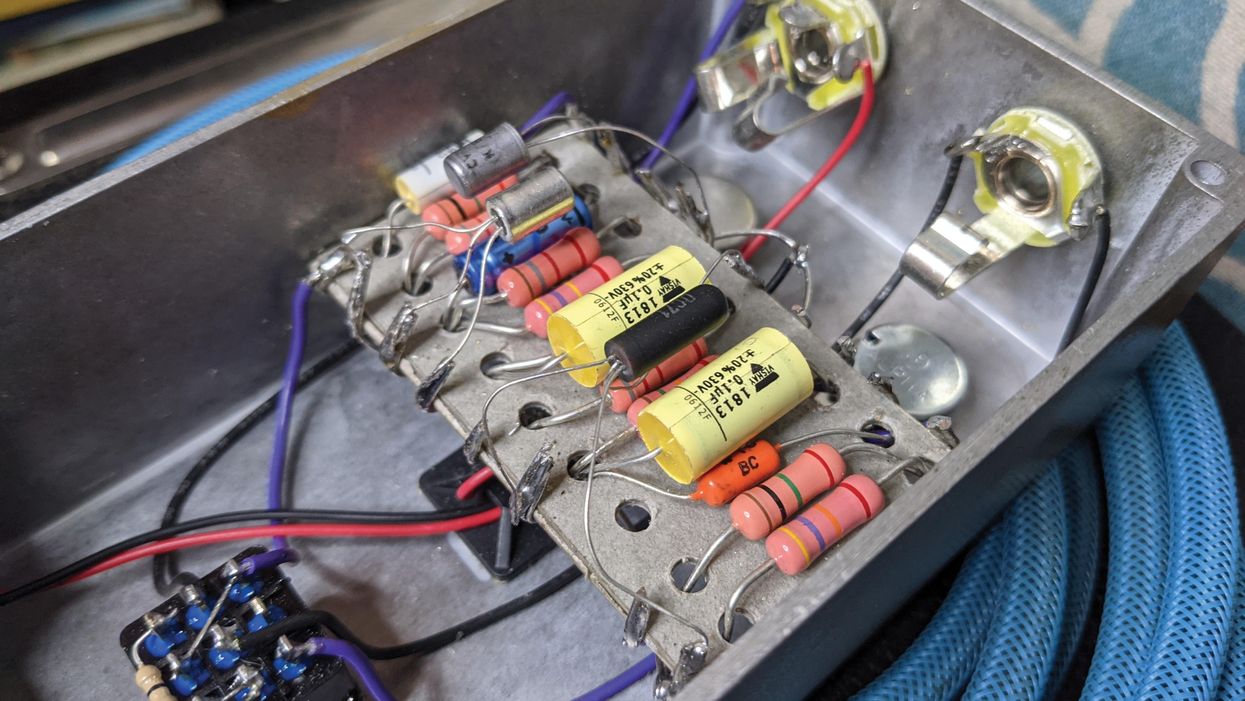



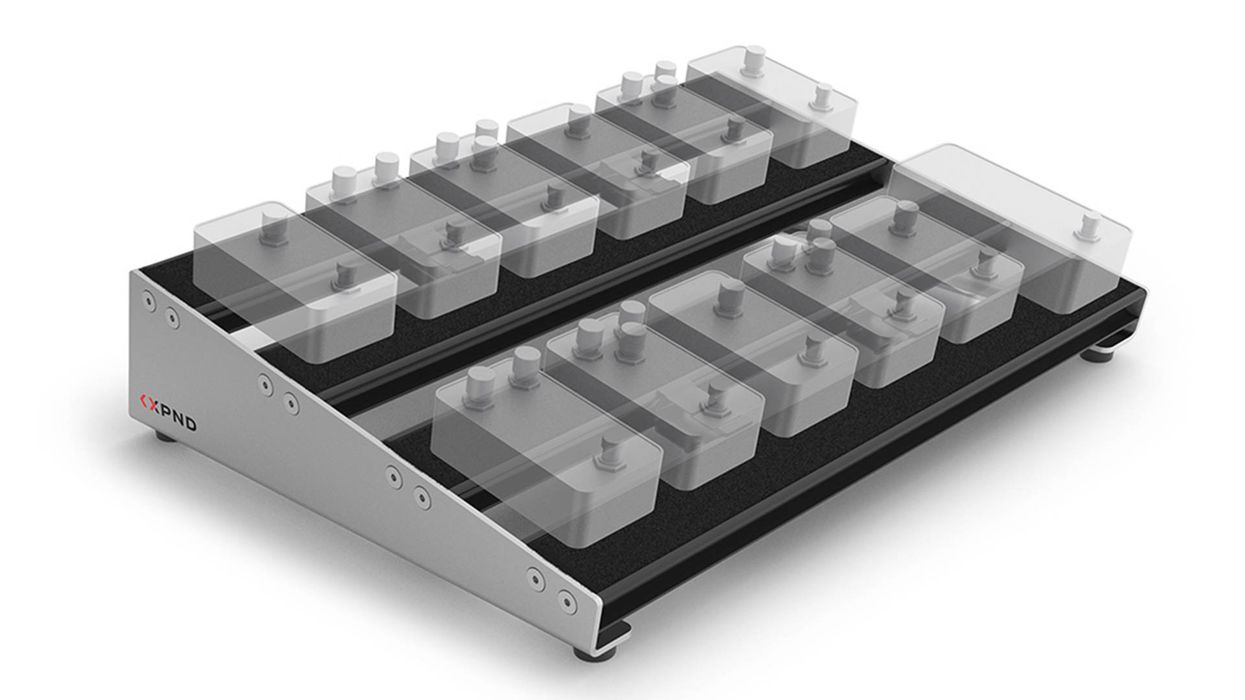

![Rig Rundown: Russian Circles’ Mike Sullivan [2025]](https://www.premierguitar.com/media-library/youtube.jpg?id=62303631&width=1245&height=700&quality=70&coordinates=0%2C0%2C0%2C0)
